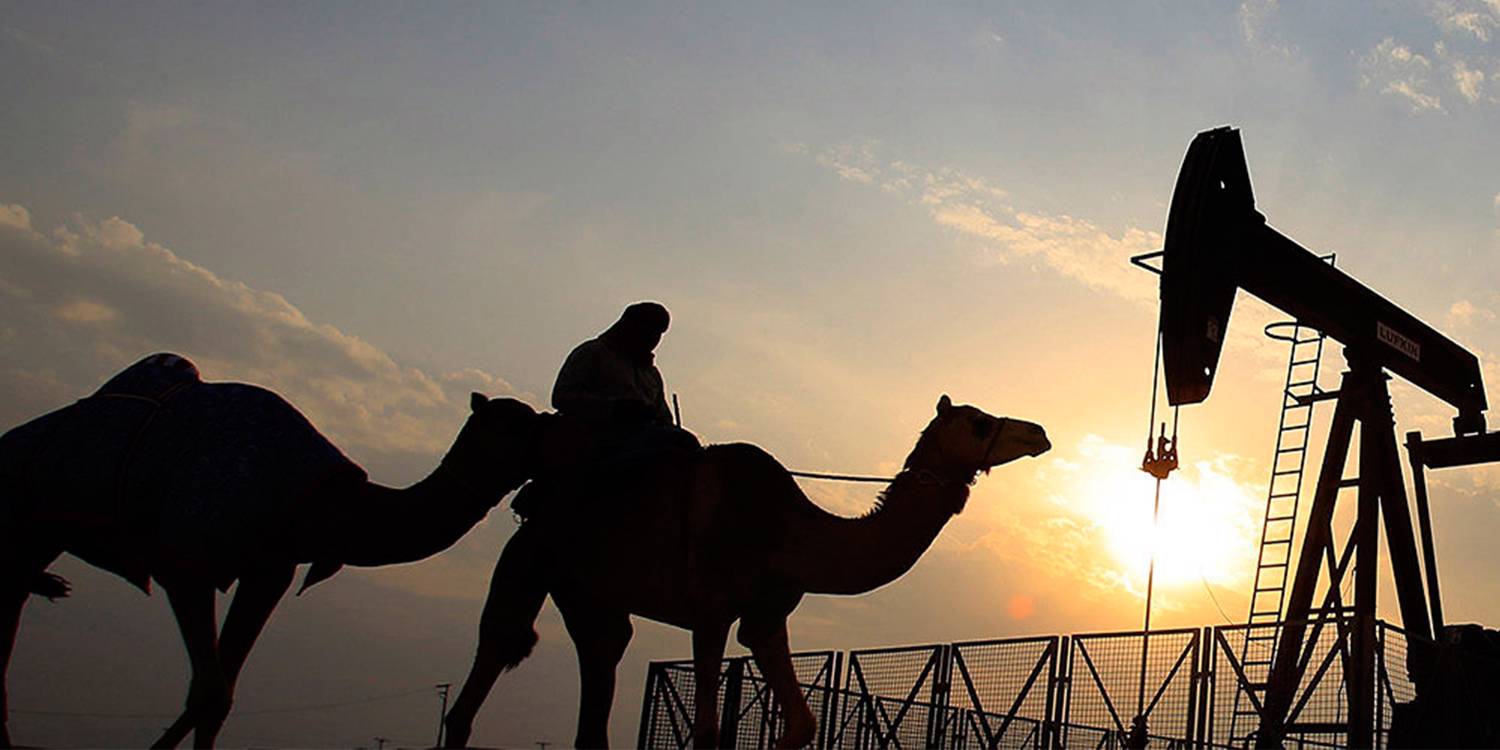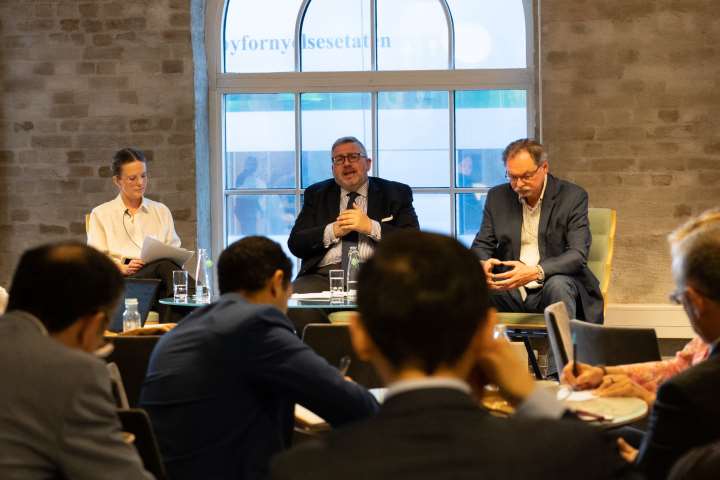
With the war in Ukraine, many of the world’s major energy importers now seek to gain independence from Russian supplies, triggering a worldwide energy crisis.
This crisis has major repercussions in the Middle East, a major source of oil and gas in the global markets. The energy shock poses challenges to those wealthy countries that are pursuing a shift away from their dependence on oil and gas resources, as well as to those struggling economies that rely on energy import. For the region’s energy exporters, the crisis – at least temporarily – brings large economic gains and political leverage.
- This seminar is free and open to all
- A light lunch will be served
Opening remarks from Kristian Berg Harpviken, Research Professor at PRIO and Director of the PRIO Middle East Centre.
Speakers
- Pavel Baev, Research Professor, PRIO
- Harry Tzimitras, Research Professor and Director of the PRIO Cyprus Centre
- Mathilde Becker Aarseth, Post-Doctoral Researcher, Department of Culture Studies and Oriental Languages, University of Oslo
Background
The war in Ukraine came to add a further strain to a post-pandemic struggling global economy, facing an energy crisis with sky-high energy prices and an unprecedented energy supply shock. At the same time, the political urgency to diversify and reduce dependency on Russia has the potential to seriously impact and even derail plans for the transition to renewables and green energy. Uncertainties over the future of energy, coupled with political crises and urgent social needs, may trigger political decisions that seem necessary here and now, yet with serious long-term consequences. As energy security is now a priority, a major concern is that recent developments are setting back the fight to contain climate change and global warming.
From a European perspective, the situation drew renewed attention to sources of diversification, in particular gas resources in the Middle East and the Eastern Mediterranean. What role could the region's energy potential play in this new crisis reality? These resources could help reduce dependency on Russian gas; yet they conflict with the EU's insistence on gas use reduction in Europe as well as the resistance against large-scale investments in new fossil fuel projects that will delay the transition to clean energy. Nonetheless, globally there will be need for oil and natural gas for some decades. What contribution could the Middle Eastern reserves make? Whatever the case, it would seem that the Middle East would be of continued relevance, in the short term as an alternative source of supply, particularly gas, even while renewable intermittency remains an issue. More long term, the question is how to transform the region’s role to serving as a facilitator of an accelerated energy transition, including renewables, as well as hydrogen.
For Russia, an instrumentalization of energy export was a key part of its grand design for the Ukraine war. While the military strategy has not worked according to plan, the energy scheme has, even if many key actors in Moscow, including the government, may have not been properly informed about President Putin’s plans. The leadership made two basic assumptions. Firstly, that Europe’s dependency upon the Russian oil and gas supplies would weaken EU support for Ukraine. Secondly, that oil and gas suppliers from the Middle East would not increase production in order to compensate for possible cuts in Russian supplies. While Western sanctions have turned out to be far more punishing than the Kremlin expected, the US has found it much harder to advance its proposition of an oil embargo and a reduction of gas import.
Two major fossile energy exporters, Saudi Arabia and the UAE, have showed little willingness to increase production in response to US requests (not least because of the parallel effort to rush the deal on Iran nuclear deal, the JCPOA), and the Biden administration had to resort to releasing US strategic oil reserves instead. Middle Eastern oil and gas states have two concerns in particular, as they assess the impact of the Ukraine war. One issue is Russia’s capacity for projecting power in the region and sustaining the intervention in Syria, which will be diminished due to huge expenditure of power resources in Ukraine. A second issue is the extent to which Russia’s ability to sustain the oil and gas production is affected by the sanctions and the withdrawal of major service companies from its energy sector. For Saudi Arabia and the UAE, who have been expanding their cooperation with Russia in recent years, a prolonged sanctions regime on Russia is challenging.
MidEast Seminars
The PRIO Middle East Centre hosts a series of seminars, catering to Oslo's diverse community of MidEast watchers. The series will draw attention to current issues, and discuss those in the light of historical, regional and global trends.
The War in Ukraine

Mathilde Becker Aarseth, Harry Tzimitras and Pavel Baev. Photo: PRIO / Laura Cortés





